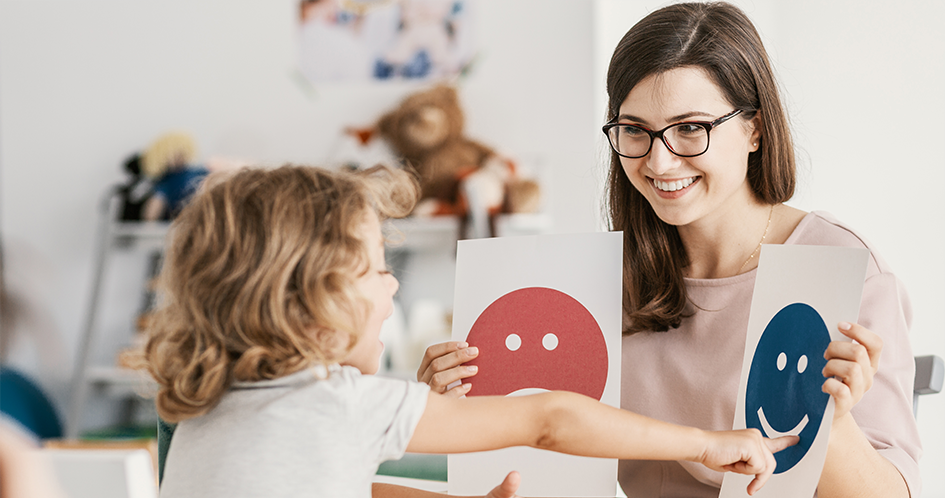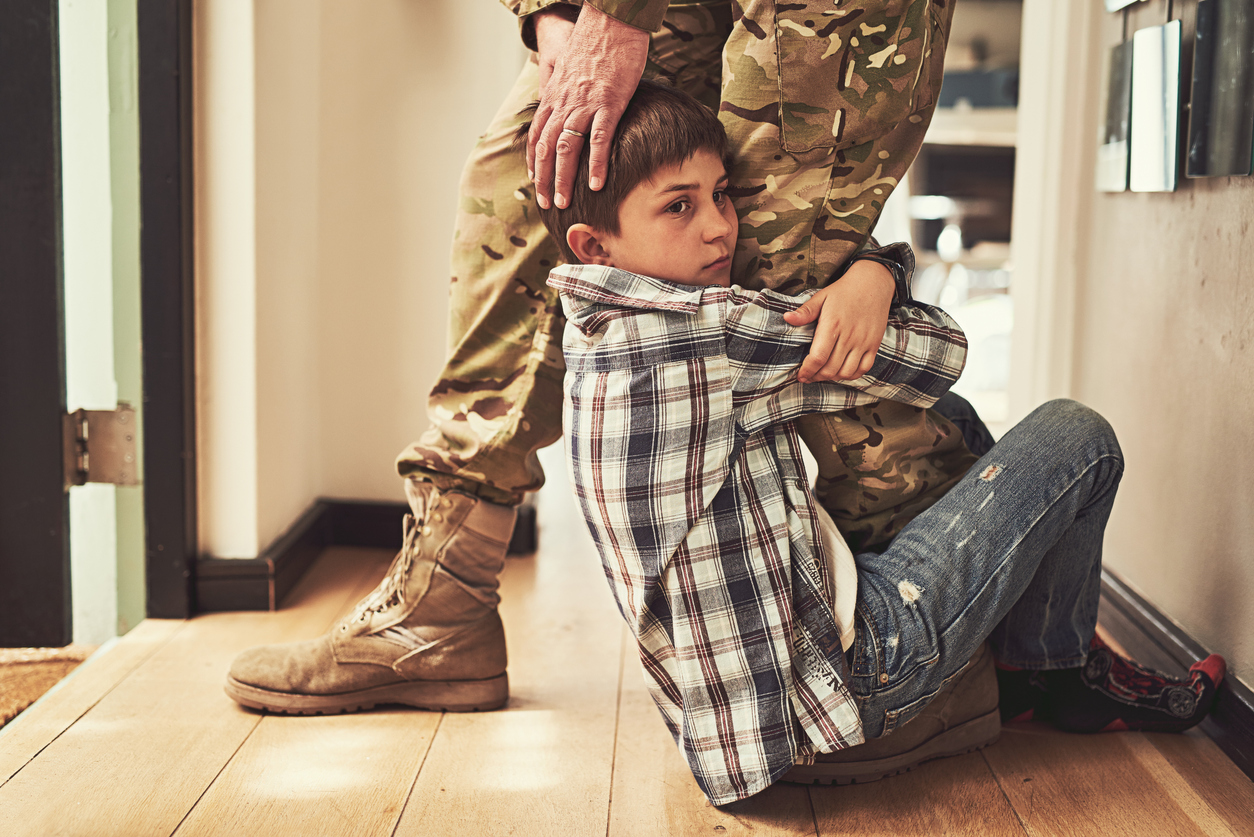What Techniques Foster Emotional Intelligence in Toddlers?
To cultivate emotional intelligence in toddlers, focus on fostering emotional vocabulary. Encourage empathy, teach problem-solving skills, and model healthy emotional expression. Create a safe environment, practice mindfulness, and develop self-regulation skills. These techniques nurture emotional growth alongside cognitive and social development for well-rounded emotional intelligence in toddlers.
Key Takeaways
- Building emotional vocabulary enhances recognition and expression of feelings.
- Encouraging empathy through role-playing and storytelling nurtures emotional intelligence.
- Teaching problem-solving skills fosters critical thinking and decision-making abilities.
- Modeling healthy emotional expression aids in emotional intelligence development.
- Creating a safe, supportive environment promotes emotional growth and self-regulation.
Importance of Emotional Vocabulary

Developing a rich emotional vocabulary is essential in fostering emotional intelligence in toddlers, as it enables them to articulate and understand their feelings more effectively. Emotional literacy plays an important role in a child’s developmental milestones, aiding in the recognition and expression of various emotions. By expanding their emotional vocabulary, toddlers can better navigate complex feelings and communicate their needs to caregivers.
Vocabulary building is closely linked to emotional understanding in toddlers. As children learn to label their emotions with words, they begin to grasp the nuances of different feelings, such as happiness, sadness, anger, and fear. This process not only enhances their ability to express themselves but also lays the foundation for developing empathy and self-regulation skills.
Encouraging toddlers to use words to describe how they feel fosters a deeper emotional connection with others and promotes a sense of emotional awareness. By supporting vocabulary development related to emotions, caregivers play an important role in nurturing a child’s emotional intelligence from a young age.
Encouraging Empathy and Compassion
To promote empathy and compassion in toddlers, it’s essential to model kindness and empathy in your own interactions with them. By demonstrating caring behaviors and using words that express empathy, you’re teaching them the value of understanding others’ feelings.
Additionally, fostering a culture of sharing and caring in everyday activities can help toddlers develop a sense of empathy and compassion towards others.
Modeling Kindness and Empathy
Demonstrate acts of kindness and empathy consistently to cultivate these essential qualities in your toddler’s developing emotional intelligence. Through empathy development, engage in role-playing scenarios where you act out different emotions and discuss how others might feel in similar situations. This hands-on approach allows your toddler to practice recognizing and understanding emotions in others, fostering their empathetic abilities.
Incorporate kindness lessons into your daily interactions with your toddler. Use storytelling as a vital tool to illustrate acts of compassion and empathy towards others. By reading stories that highlight characters showing kindness and empathy, your toddler can learn through examples and internalize these values.
Modeling kindness and empathy yourself is essential. Children learn by observing the behavior of those around them, especially their parents or caregivers. By consistently demonstrating acts of kindness, empathy, and compassion in your daily interactions, you provide a strong foundation for your toddler to develop these essential emotional intelligence skills.
Teaching Sharing and Caring
Engage your toddler in activities that promote the values of sharing and caring, cultivating their empathy and compassion towards others. Encouraging cooperative play is a great way to teach your child about sharing and caring. By participating in activities that require taking turns or working together towards a common goal, your toddler learns the importance of considering others’ feelings and needs. This not only fosters social skills but also contributes to their emotional development.
Additionally, fostering emotional bonding with others can profoundly impact your toddler’s understanding of empathy and compassion. Encourage interactions with family members, friends, and even pets to help your child recognize and respond to different emotions. By observing how others express their feelings and needs, toddlers can learn to be more empathetic and caring towards those around them.
Teaching Problem-Solving Skills

Encourage your toddler’s problem-solving skills by presenting them with age-appropriate puzzles and challenges that promote critical thinking and creativity.
Engaging in activities that require critical thinking, such as solving puzzles or figuring out how to stack blocks to reach a desired height, helps toddlers develop their decision-making abilities.
When faced with a problem, guide your child in exploring different solutions rather than providing immediate answers. This approach cultivates their critical thinking skills by encouraging them to analyze the situation and come up with creative solutions.
As toddlers navigate through these challenges, they learn to evaluate options, make decisions, and observe the consequences of their choices. By allowing them the space to experiment with different problem-solving strategies, you’re helping them develop valuable skills that will benefit them in various aspects of their lives.
Remember to praise their efforts and offer positive reinforcement as they work through these tasks, fostering a sense of accomplishment and boosting their confidence in their problem-solving abilities.
Modeling Healthy Emotional Expression
Show your toddler how to express emotions in a healthy way by openly discussing your own feelings and modeling appropriate responses to different situations. Children learn by observing adults, so displaying positive emotional expression can have a profound impact on their emotional intelligence development. When you encounter a challenging situation, verbalize your emotions calmly, explaining why you feel a certain way. This helps your toddler understand that it’s okay to feel various emotions and demonstrates how to express them constructively.
Positive reinforcement plays an essential role in encouraging healthy emotional expression. Praise your toddler when they communicate their feelings effectively or handle a situation with emotional intelligence. By acknowledging their efforts, you reinforce the importance of expressing emotions in a positive manner.
Engaging in role-playing activities can also be beneficial. Role-play scenarios where your toddler can practice expressing different emotions and responding to them. This interactive approach allows them to explore various emotional responses in a safe environment, enhancing their emotional understanding and expression skills.
Creating a Safe and Supportive Environment

Establishing a safe and supportive environment is essential for nurturing your toddler’s emotional intelligence development. Creating a secure attachment between you and your child lays the foundation for emotional growth. By responding promptly to your toddler’s needs and providing a consistent and loving presence, you help them feel safe and understood, fostering trust and emotional security.
Vital reinforcement is another imperative element in creating a supportive environment. Praising your child’s efforts and acknowledging their emotions helps them feel valued and accepted. Encouraging positive behaviors and emotions through praise and validation reinforces healthy emotional expression and builds their self-esteem.
Additionally, setting clear boundaries and expectations in a nurturing manner helps your toddler understand limits and feel secure in their environment. Consistency in your responses and interactions provides a sense of predictability, which is comforting for toddlers as they navigate their emotions and behaviors.
Practicing Mindfulness and Self-Regulation
To enhance your toddler’s emotional intelligence development, practicing mindfulness and self-regulation is vital in fostering their ability to understand and manage their emotions effectively.
Mindfulness activities such as deep breathing exercises or guided visualization can help toddlers become more aware of their thoughts and feelings. These activities encourage children to pay attention to the present moment without judgment, which is essential for emotional regulation.
Emotional regulation exercises, such as teaching your toddler to take deep breaths when upset or to count to ten before reacting, can also aid in developing self-regulation skills. By practicing these techniques consistently, toddlers can learn to pause before reacting impulsively, leading to better emotional control.
Encouraging mindfulness and self-regulation in toddlers not only helps them manage their emotions but also promotes overall well-being. These practices lay a strong foundation for healthy emotional development and equip toddlers with valuable skills to navigate complex emotions as they grow.
Frequently Asked Questions
How Can I Help My Toddler Cope With Sibling Rivalry?
To help your toddler cope with sibling rivalry, focus on conflict resolution by teaching effective communication skills. Encourage them to express feelings, listen actively, and find solutions together. This approach fosters emotional intelligence and strengthens sibling relationships.
What Role Do Cultural Differences Play in Emotional Development?
Cultural influences heavily impact emotional development in children. Parenting styles, shaped by cultural norms, play an essential role in teaching emotional intelligence. Understanding these differences can help you navigate and support your child’s emotional growth effectively.
Are There Effective Ways to Address Toddler Tantrums in Public?
When dealing with toddler tantrums in public, parenting strategies like staying calm, setting clear boundaries, and redirecting attention can help manage behavior. This fosters emotional regulation and improves social skills in children.
Can Emotional Intelligence Be Improved Through Playtime Activities?
Engaging in role playing games and social interactions during playtime can enhance emotional intelligence in toddlers. Through creative expression and problem-solving skills, children learn to navigate emotions, develop empathy, and build strong relationships.
How Do Screen Time and Technology Impact Emotional Intelligence in Toddlers?
Limiting screen time and engaging in activities together can enhance emotional intelligence in toddlers. Parental involvement is essential for teaching emotional regulation skills. Excessive technology usage may hinder social development and emotional understanding in young children.
Conclusion
In essence, fostering emotional intelligence in toddlers is essential for their overall development. By emphasizing emotional vocabulary, encouraging empathy, teaching problem-solving skills, modeling healthy emotional expression, creating a safe environment, and practicing mindfulness, you can help your child navigate their emotions effectively.
These techniques not only support their emotional well-being but also lay the foundation for strong relationships and successful interactions in the future. Start implementing these strategies today to nurture your child’s emotional intelligence.

Hey there! 👋 I’m a proud mom and passionate writer, sharing my parenting journey. 📝 Join me as I navigate the ups and downs of motherhood, offering tips, advice, and a sprinkle of humor along the way. 🌟







